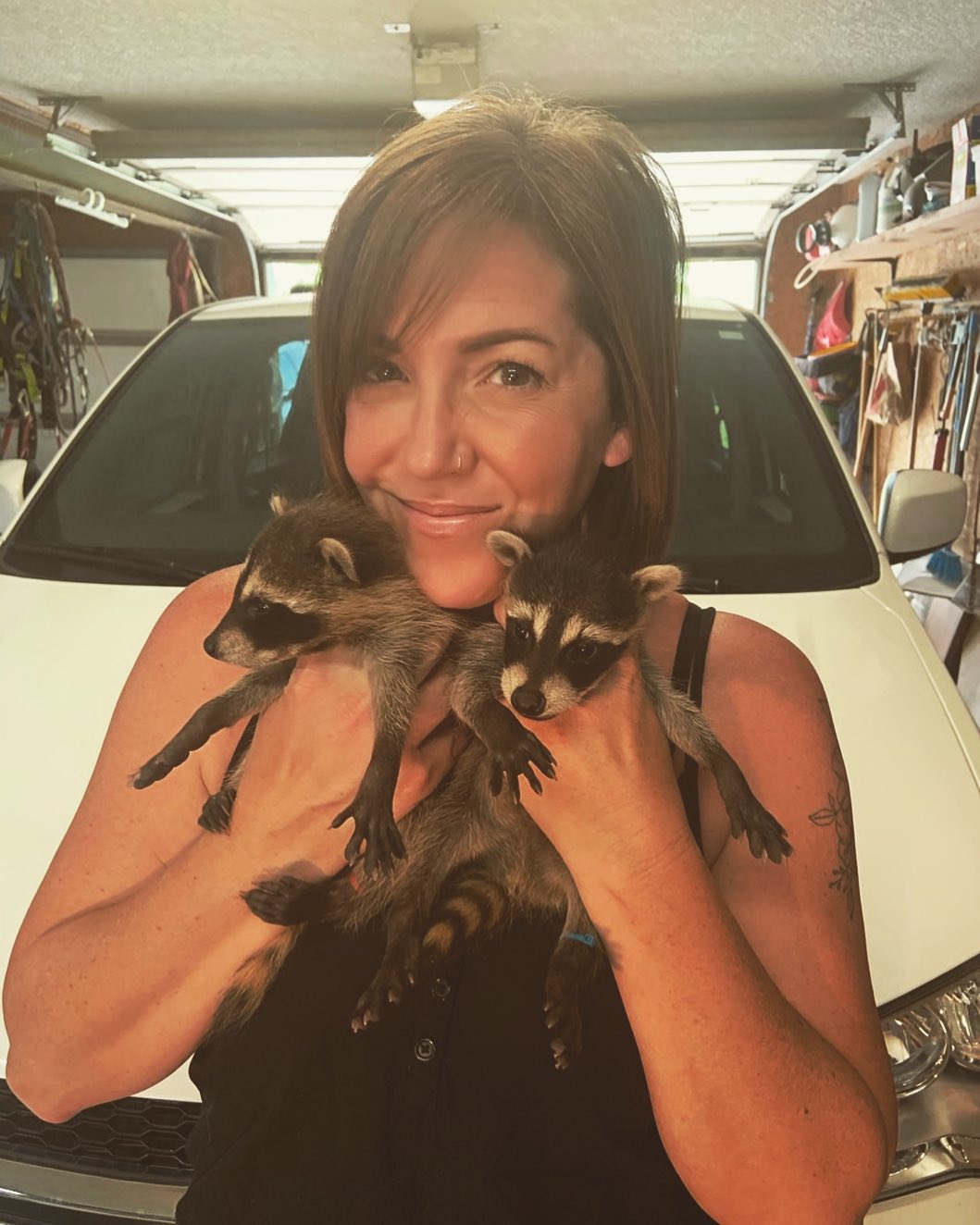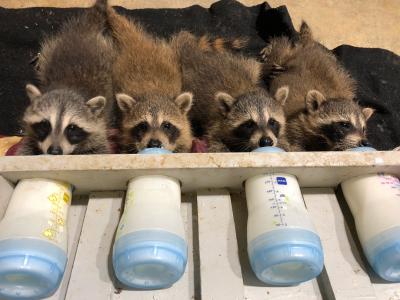Males And Females Racoons puppies for sale
Males And Females Racoons puppies for sale
Raccoons are wild animals; it is illegal to keep them in many states. States that do allow raccoons as pets usually require permits. Laws and permit requirements change, so check your state’s regulations before acquiring a raccoon. Owning pet raccoons requires patience and a time commitment. In captivity and with good care, they can live as long as 20 years.
Bans on Raccoon Ownership
Many states do not allow possession of raccoons. Some states in which owning raccoons is forbidden by law include Arizona, Colorado, Idaho, Kentucky, Louisiana, Maryland and Massachusetts. This is just a partial list, though.
Individuals who owned a pet raccoon when laws banning their ownership were enacted may be allowed to maintain ownership. For example, in Maryland, individuals who owned a raccoon prior to May 31, 2006, were permitted to keep them if the owners notified local animal control that they owned the animals.
Obtain Required Permits
Import Permits
If you are getting your raccoon from a breeder in another state, you may need an import permits in addition to other permits required by your state. The raccoon will also need a health certificate to be imported to another state.
Some states do not allow raccoons to be imported even if they are eligible for keeping as pets. For example, although Pennsylvania and Michigan issue permits for raccoon ownership, neither allows raccoons to be imported into the state.
Local Laws
Local city and county jurisdictions may place additional restrictions on owning a raccoon, or may require additional permits. Also check the regulations of your housing community and your municipality.
Raising a Pet Raccoon
Locate a reputable raccoon breeder. Do not adopt a wild raccoon. Most breeders require you to make a deposit on a kit and will send you the raccoon while the animal is young and still bottle feeding. This allows you to bond with your young pet and develop a relationship.





